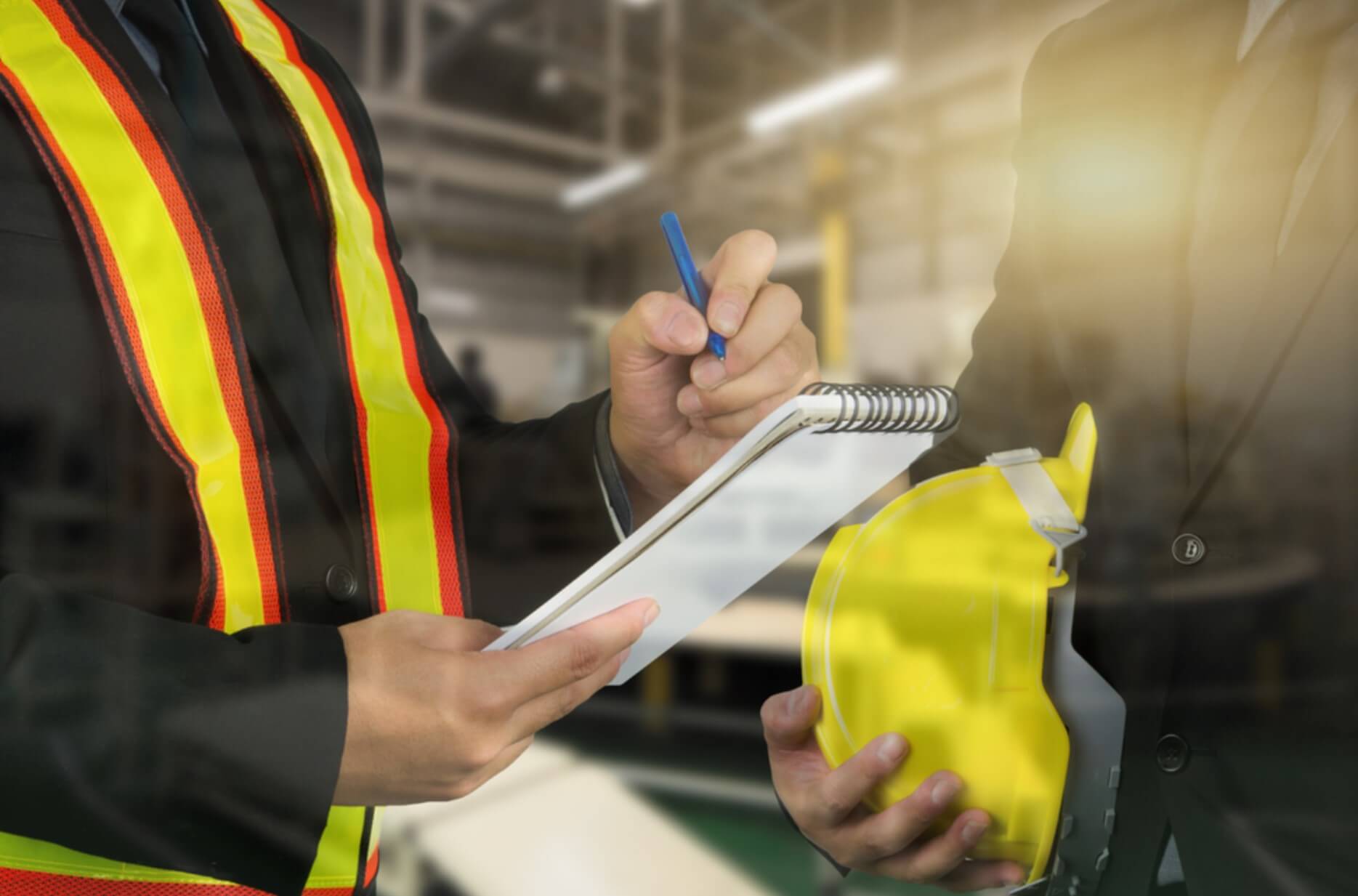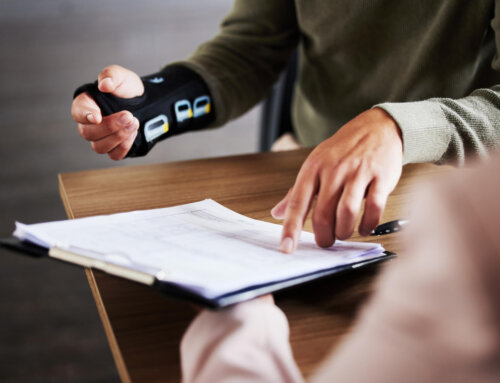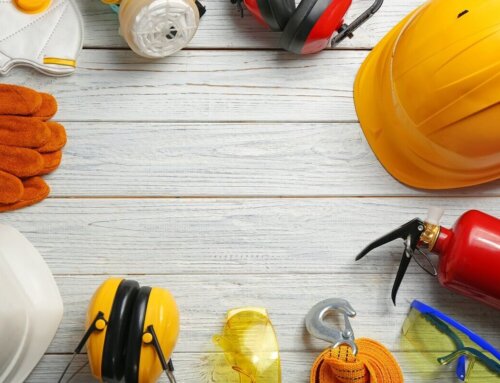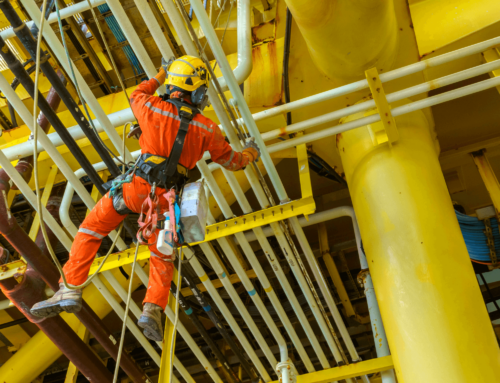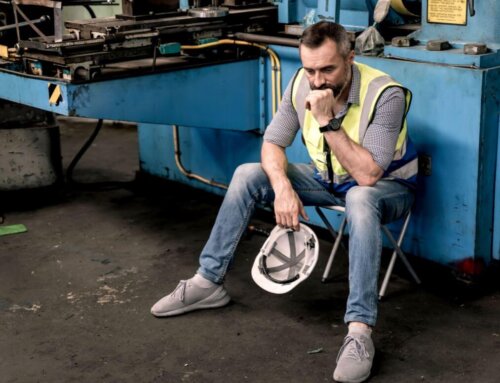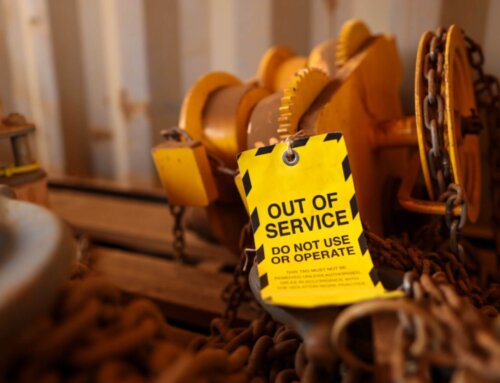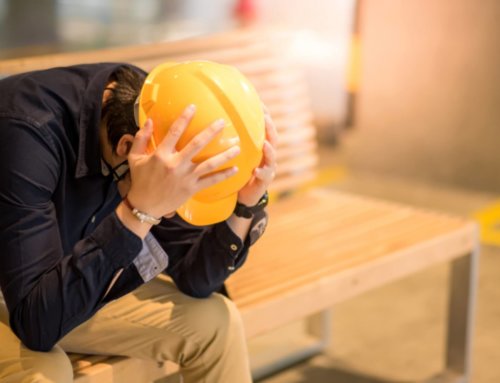Some people injured in accidents in the workplace don’t even think about making an accident at work claim. It isn’t because they believe it is wrong to make a claim – it is because they don’t realise they can claim.
You will have probably heard of the advertising slogan often used by accident claims companies and some personal injury solicitors:
“Where there’s blame, there’s a claim!”
Where does the ‘blame’ lie when a workplace accident happens? In other words, who is responsible for health and safety in the workplace?
1. The Duties of an Employer
Common Law duties of an employer
An employer has a duty under common law to take reasonable care of his employees health and safety in the workplace or whilst they are carrying out their duties offsite. By ‘reasonable care’, we mean the employer should:
a) Employ competent staff
In other words, when you go to work, you expect to do your job alongside other people who are competent at what they do. You have a right to expect that you aren’t likely to be injured in an accident at work caused by one of your workmates’ incompetence or because they are fooling around in a way that could cause you harm.
b) Provide adequate plant and machinery
You are entitled to do the job you get paid to do, using tools and equipment that aren’t of themselves likely to cause you harm by being faulty or inadequate for the task at hand.
c) Provide a safe system of work
A safe work system is one where the employer has worked out a method of doing your job that doesn’t put you at risk, e.g., one that doesn’t cause you to take risks by cutting corners or exposes you to take unnecessary risks.
d) Ensure that their employees work on safe premises.
As a worker, you have a right to expect your place of work is a safe one. For example;
- if your work premises are perpetually untidy with equipment strewn over the floor and walkways,
- the stairs have damaged steps,
- floors are fitted with slippery carpets
- concrete floors are uneven or damaged,
it is safe to say your employer isn’t providing you with a safe place to work.
Should an employer breach his duty of care to protect the health and safety of his workforce and the breach results in an employee suffering injury in an accident at work, the victim is entitled to bring an accident at work claim against his employer. The claim would be one for personal injury compensation and for other losses suffered because the accident happened.
An employer’s statutory duty of care
As well as the common law duty an employer owes to his employees, health and safety in the workplace is also governed by regulations that are set out in ‘Acts of Parliament’. These are written rules as opposed to common law, which is based on precedent, i.e. custom and previously decided court cases.
The principal Act of Parliament relating to health and safety at work is the Health and Safety at Work etc. Act 1974 or ‘HASAW’ for short. The rules in HASAW set out the general duties employers have to their employees and members of the public.
There are so many acts of parliament relating to health and safety in the workplace, it would be impossible to list them all here.
However, a further one worth mentioning is The Management of Health and Safety of Work Regulations 1999 (the Management Regulations). The Management Regulations require an employer to measure and manage the risk involved in carrying out every workplace activity. Employers must carry out risk assessments to assess:
- how dangerous a job is
- in what way it may be hazardous, and
- what steps can be taken to eliminate, or minimise, the risk of someone being harmed whilst they carry out the work.
Undertaking effective risk assessments and using the findings they reveal, to plan a safe work system is a huge part of maintaining health and safety in the workplace.
2. The Duties of an Employee
Employers bear a far greater share of the responsibility for ensuring the health and safety of their employees whilst they are at work.
However, employees have a a duty to:
- Take reasonable care of their own safety and that of their work colleagues.
- Follow the training they have been given whilst carrying out their work.
- Be co-operative in all matters relating to health and safety
- Tell a superior if they are being asked to work in a way that puts them or colleagues at risk of harm.
There may be a higher duty expected of more senior employees.
Employers cannot distance themselves from their responsibilities for workplace health and safety
When one employee is injured in an accident at work caused by the negligence of another employee, their mutual employer will rarely avoid liability for the negligent employee’s actions if they were carried out by that employee “in the course of his employment”. This is because of something called vicarious liability. Remember, too, that one of the duties expected of an employer under common law is that he will employ competent staff.
I’ve suffered injury in an accident at work, but I am not sure if I can claim?
If you’ve been injured in an accident at work and wonder whether you can bring a claim against your employer for compensation, don’t leave it to chance. Mooneerams are specialist accident at work solicitors.
After a brief chat, we will advise you whether we think you have reasonable prospects of bringing a successful accident at work compensation claim against your employer.
Call us now on 029 2048 3615 for a no-obligation discussion with an experienced accident at work lawyer.
You can contact us too, by sending us your details using the form on this page. We’ll then call you back. We handle most accident at work claims on a No Win No Fee basis.

